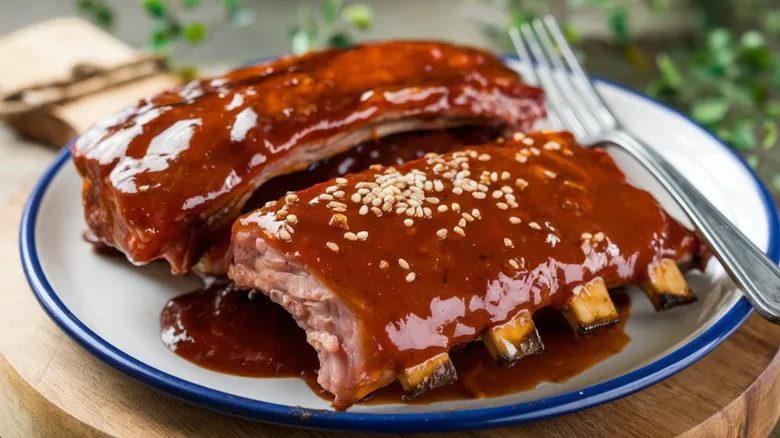Making the perfect barbecue sauce at home
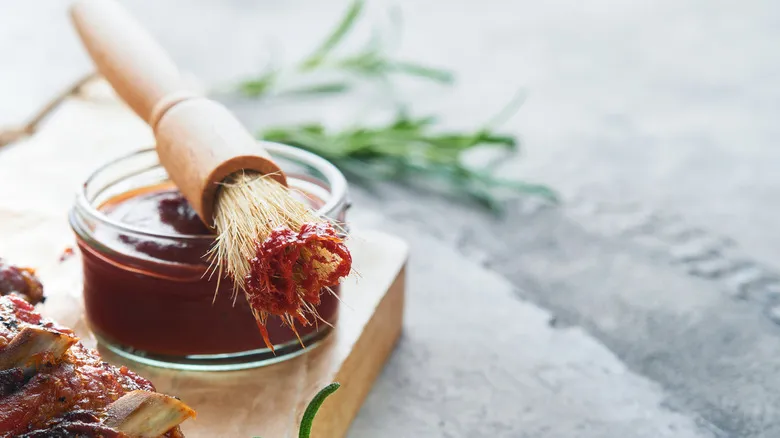
Certainly! Here’s a rewritten version of the text:
Homemade barbecue sauce is undoubtedly the best way to create a sauce that perfectly matches your taste and complements your dish. "There are countless variations of barbecue sauce, ranging from sweet and tangy to smoky and spicy — the possibilities are endless," says Robbie Shoults. "Feel free to experiment, but the essential ingredients include tomato sauce, ketchup, apple cider vinegar, molasses, brown sugar, honey, yellow mustard, liquid smoke, Worcestershire sauce, and your preferred spices."
Shoults specializes in Texas-style barbecue, renowned for its smoky, spicy, tomato-based flavor. He usually begins with a foundation of tomato sauce or ketchup on the stovetop, which is also a common base for Kansas City's thick, sweet sauce. However, there are many regional barbecue sauce styles throughout the U.S., each with its unique flavor profile, such as the mayonnaise-based Alabama white sauce and the vinegar and mustard-forward Memphis-style sauce. Depending on your location and the type of protein you’re using, you might choose to start with a base of tomato sauce, ketchup, mustard, or apple cider vinegar, then incorporate spices, your preferred sweetener, or a smoke element to achieve the desired sweetness or smokiness in your sauce.
Unexpected ingredients to make your sauce stand out
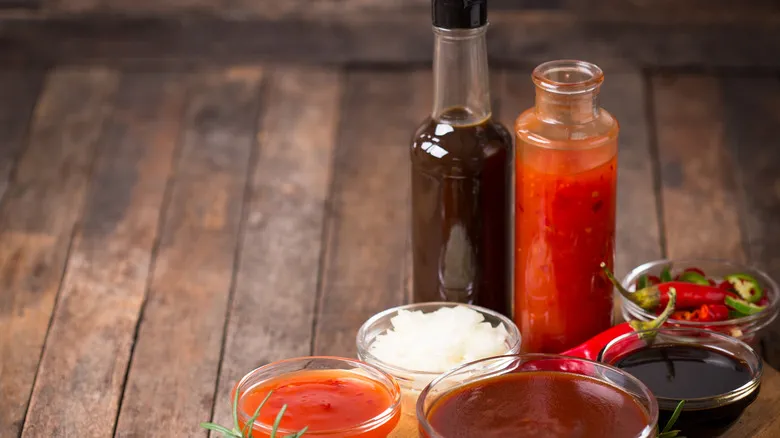
To enhance the sweetness of homemade barbecue sauce, Robbie Shoults recommends using agave syrup instead of the usual brown sugar, molasses, or honey. Since agave syrup is derived from a plant, it is vegan (unlike honey) and has a milder, more neutral taste while being sweeter than sugar, requiring less of it. Maple syrup can also impart a unique buttery sweetness with a hint of smokiness.
For a touch of South Carolina flavor, consider adding yellow or Dijon mustard along with some hot sauce. To bring in a bold Texas heat, incorporate chili powder, cayenne pepper, or chipotles in adobo sauce. Citrus juice can introduce a refreshing element to the sauce while also thinning its texture. Minced onion and garlic can add additional layers of flavor. For an Asian-inspired barbecue sauce, Shoults suggests, "I would also like to experiment with soy sauce or teriyaki, combined with some red pepper flakes, to create a fresh twist on classic flavors."
If making your own sauce from scratch isn't your thing, you can always choose one of the top barbecue sauces from the store and enhance it. Many bottled sauces tend to be overly thick or sweet, so in addition to your preferred spices and condiments, consider whisking in a bit of apple cider vinegar to add tartness and improve the consistency. There are no strict guidelines—just let your palate lead the way as you customize your barbecue sauce, whether it's homemade or store-bought.
Recommended
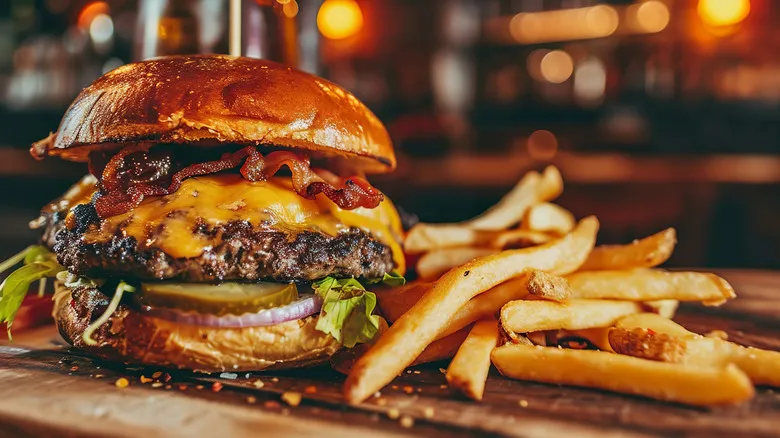
The Cooking Technique That Gives You Thick Pub-Style Burgers
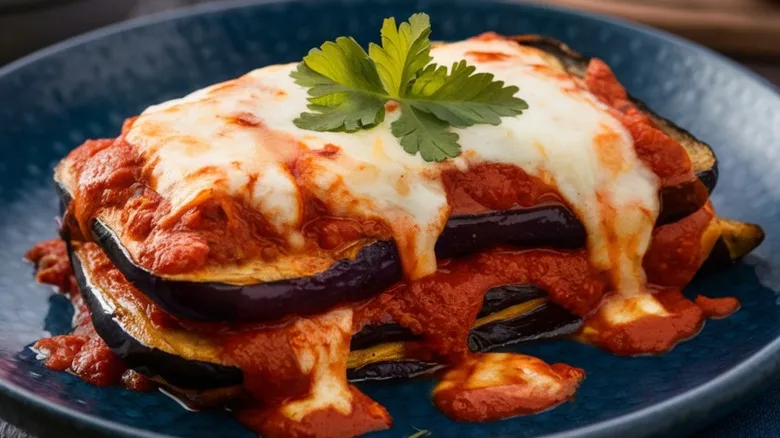
The Tastiest Eggplant Parmesan Isn't Fried

Amplify The Flavor Of Your Brownies With A Splash Of Bourbon
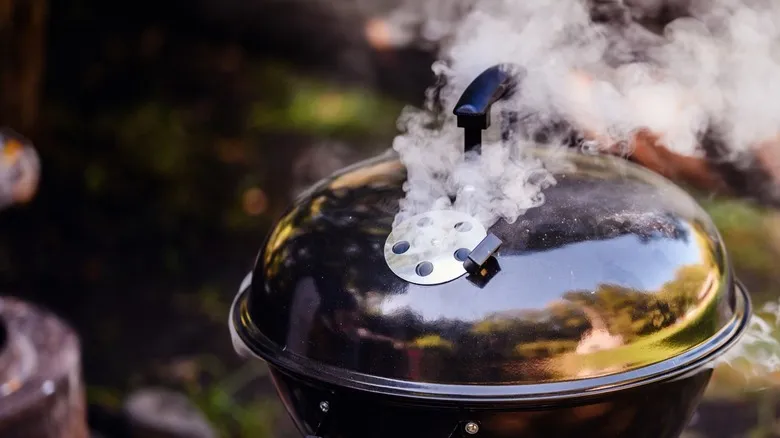
A Handy Guide To When To Open Vs Close The Vent On Your Grill
Next up

